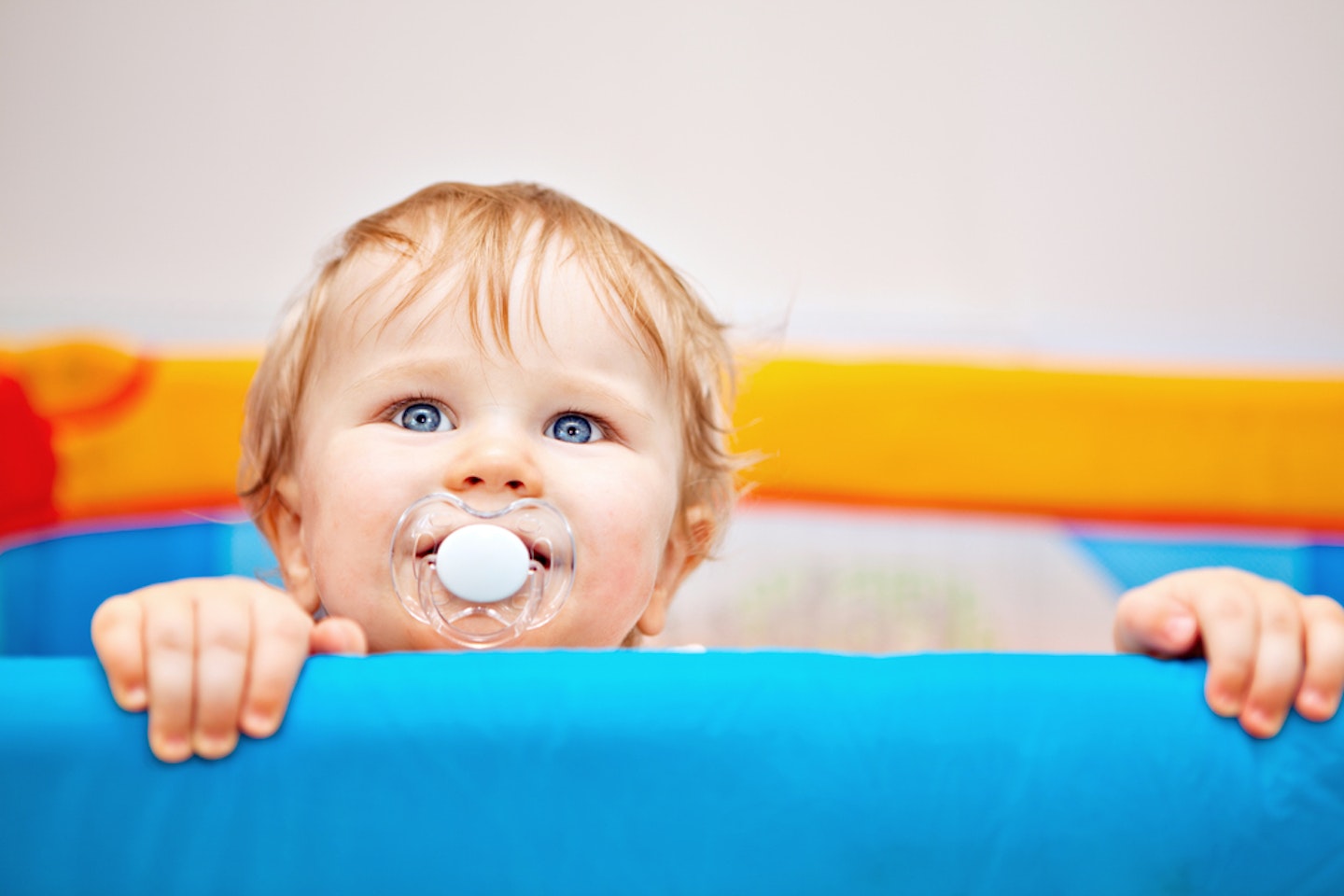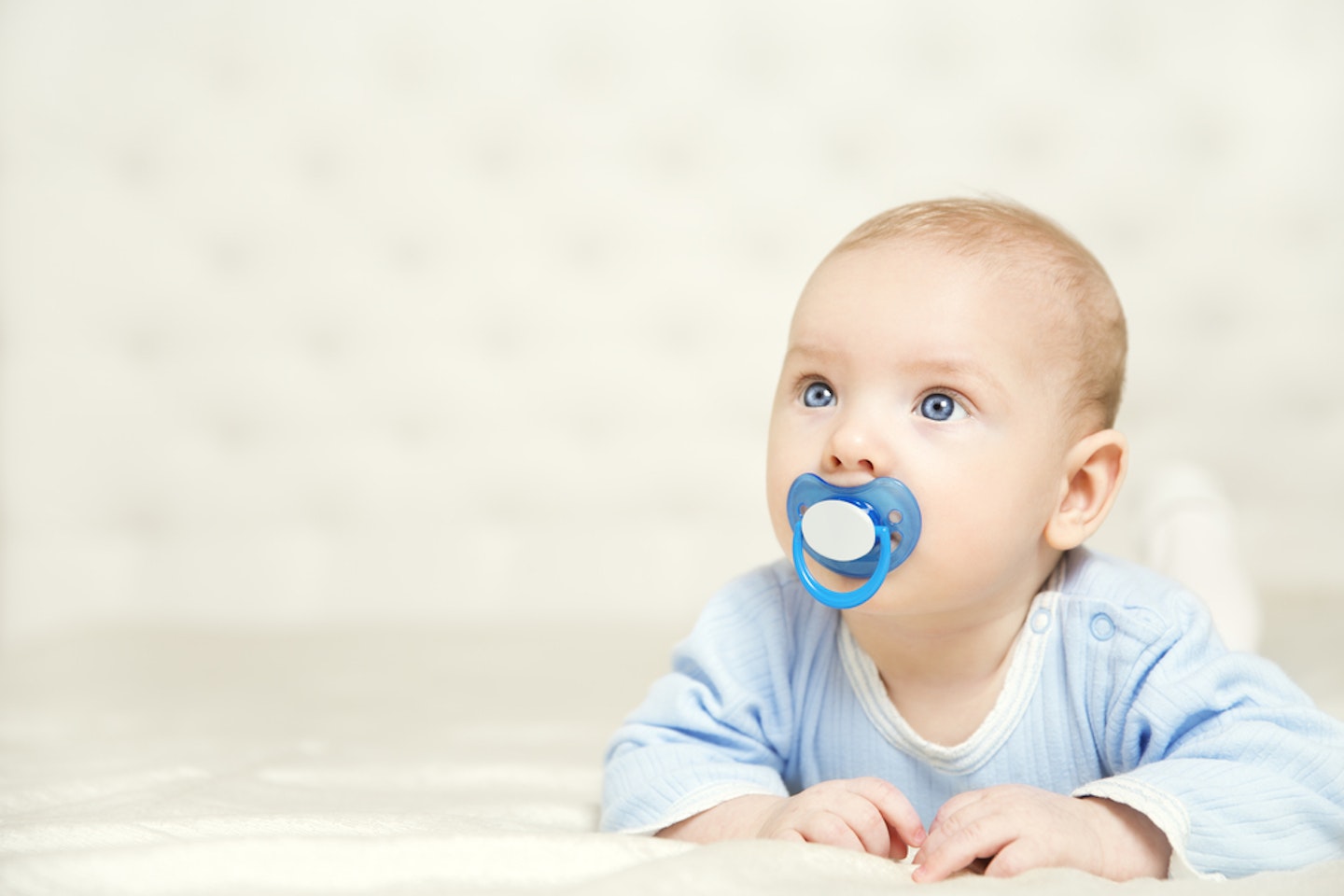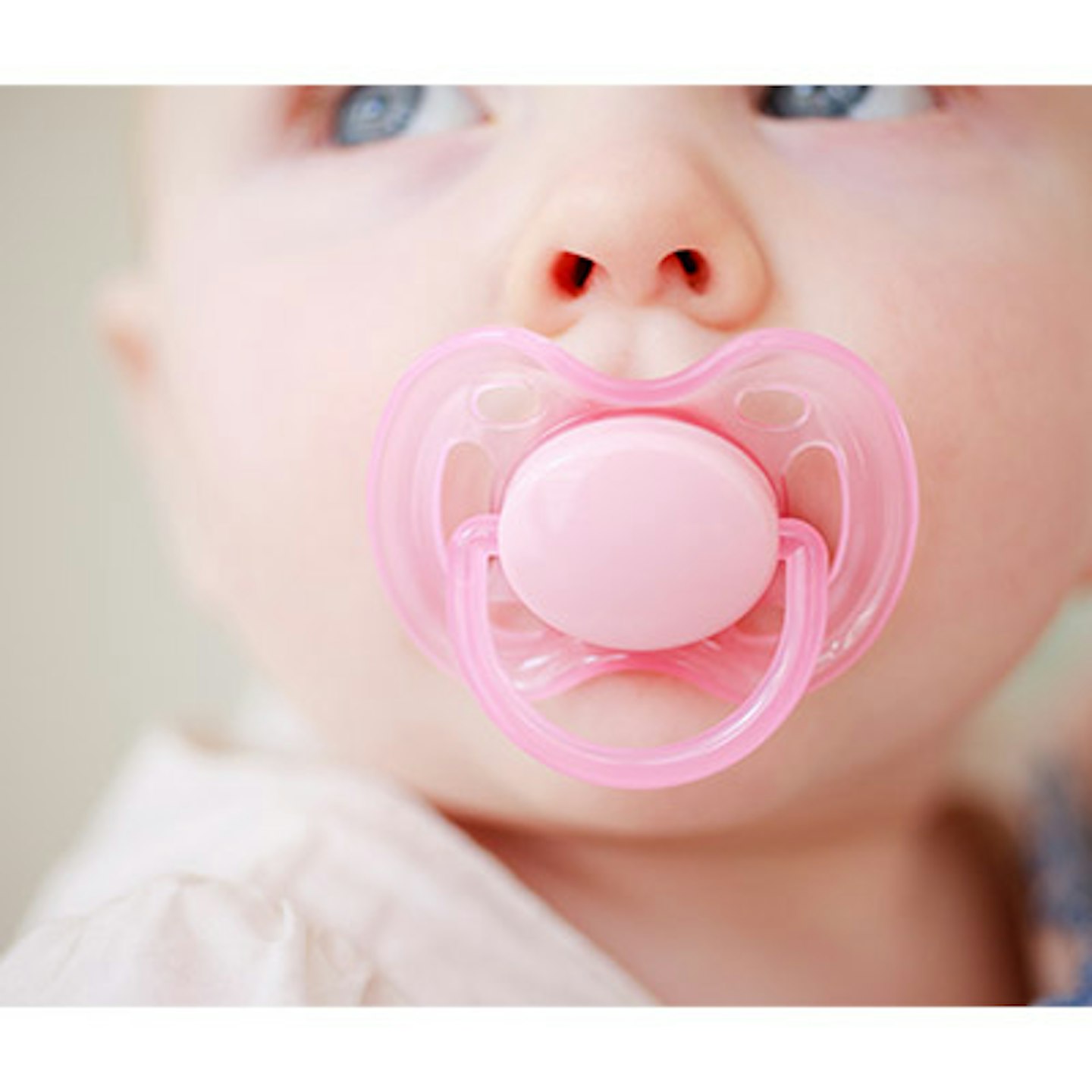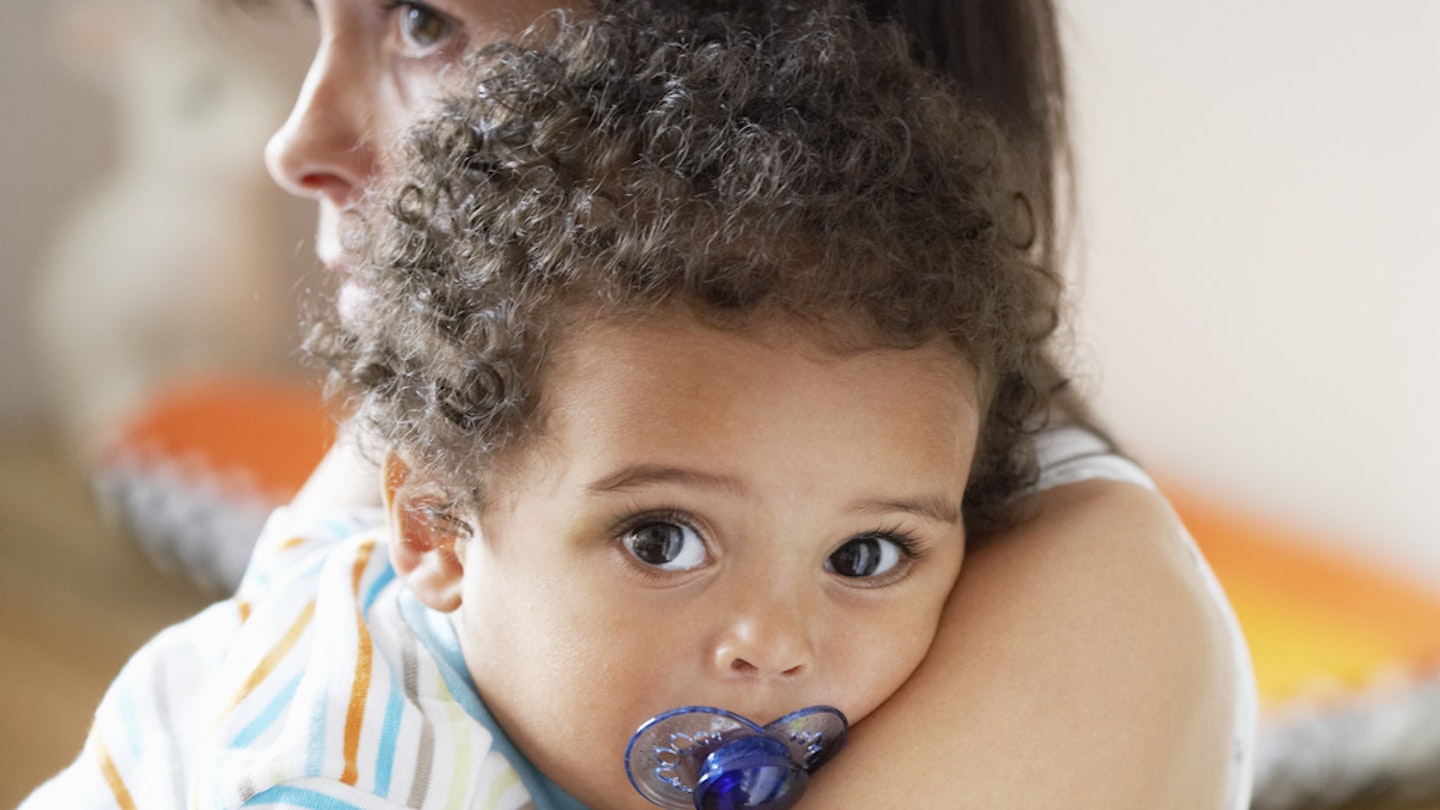It’s been your baby’s best pal for months, but now it’s time to say bye-bye to their dummy. Gulp. Start as you mean to go on with these pacifier weaning tips...
Whether it’s about comforting your baby when they're upset or soothing him to sleep, dummies have a place in many parent kits.
But when it comes to taking it away from your child, well, that can be a bit tricky – especially as they get older and start to work out how a little thing called ‘willpower’ works.
So, if you’re about to embark on Project Get Rid Of Dummy, arm yourself with some handy strategies.
How to wean your child off their dummy:
How to wean baby off dummy
 1 of 7
1 of 71. Time it right
It’s generally wise to wean your baby off their dummy before 12 months. ‘That’s when they’ll often start to chatter,’ says Dr Rebecca Chicot, child development expert and co-founder of The Essential Parent Company.
‘It’s also easier to go cold turkey and take the dummy away in one go before then – they’ll get more strong-willed later on and may be less happy to accept the change.’
 2 of 7
2 of 72. Slowly cut back
If you want to take a more gradual approach with your younger baby, start reducing the amount of time they have their dummy each day.
Every couple of days, let them have it for five minutes less each time, gradually decreasing it over two or three weeks until you can cut it out completely.
 3 of 7
3 of 73. Find a new comforter
Have something to replace your child’s dummy, whether that’s a comforter or toy.
‘A dummy’s often used as a sleep aid, so anything else to take this role can make the transition smoother,’ says Rebecca.
 4 of 7
4 of 74. Bring in the Dummy Fairy
A good one for toddlers – they’re a bit more open to negotiation and can understand the idea of a reward.
‘Explain that they're now a big boy or girl, the Dummy Fairy will take away his dummy but they'll get a present in return,’ says Rebecca.
‘Children love being thought of as a grown-up, so with any luck, this may work quite quickly – although you may have a couple of upset nights.’
Even hang it on the Christmas tree for the fairy (or Santa) to pick up.
 5 of 7
5 of 75. Stay consistent
It’s tough when your little one’s missing their dummy but try to stay strong. ‘Don’t succumb to “pester power” and avoid being drawn into arguments,’ says Rebecca.
‘Distraction is a great tool – sing a song or dig out a forgotten toy to take their mind off the dummy.’
 6 of 7
6 of 7Go cold turkey!
This could be a risky move and you can probably expect lots of tantrums and tears, but it’s probably the quickest way to wean your little one off their dummy for good.
Make sure you have lots of other distractions to hand (their favourite cuddly toy or some tasty food). The most important thing is to make sure you do not give in to those tears! If you give in, your baby will know they can get their own way and worm their dummy back, so stay strong!
 7 of 7
7 of 7Keep it hidden
We’re all familiar with the phrase ‘out of sight out of mind’ and this is exactly the approach you’ll want to take with your baby’s dummy. This doesn’t mean you need to bin it, but equally don’t leave it lying around on the kitchen table. Keep your dummy stash in a safe space, so if a war does erupt, you know where to go too.
WATCH: a midwife explains how to wean your little one off a dummy:
What are your tips for helping your baby give up a dummy? Let us know on Facebook or Twitter!
